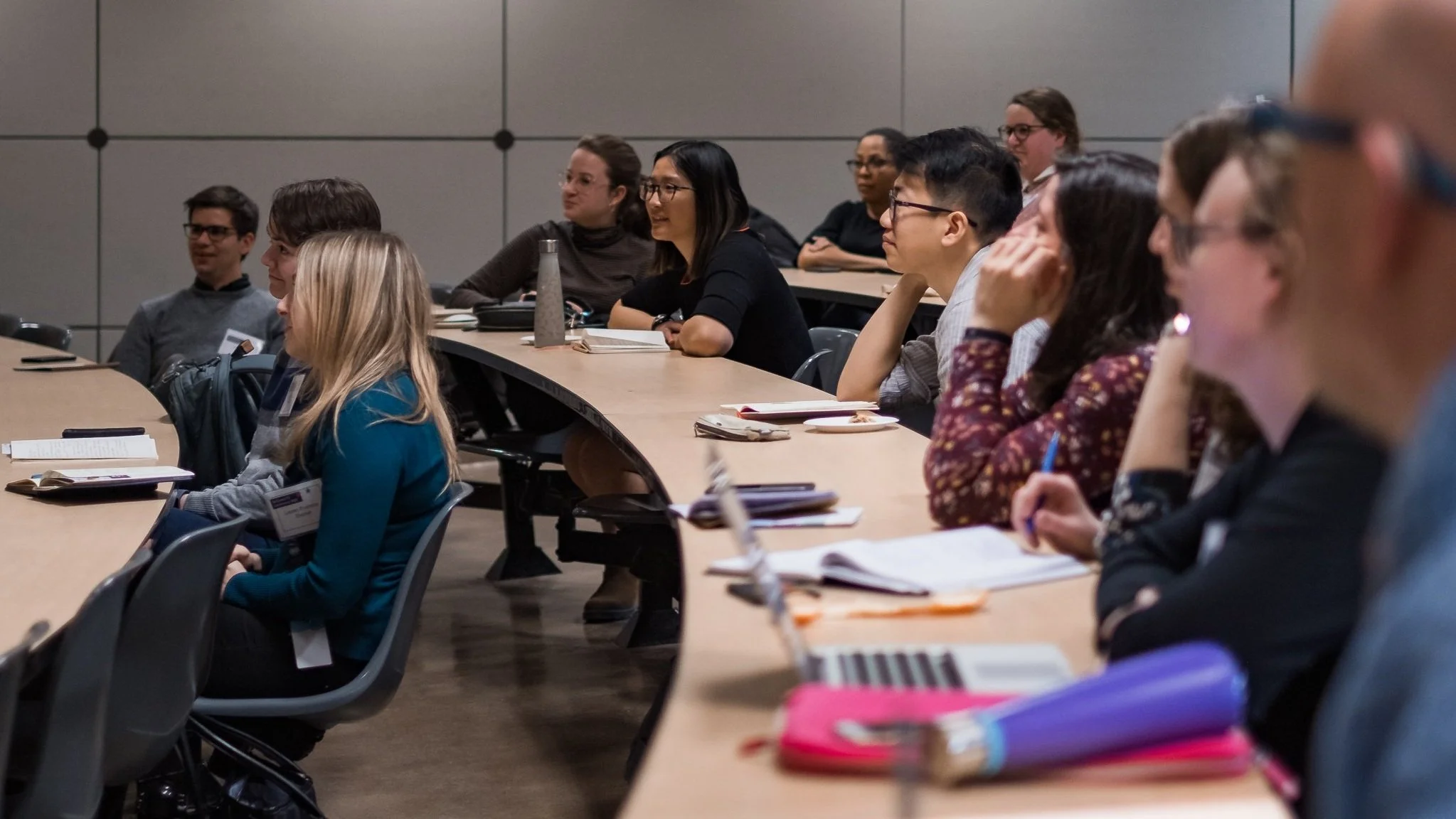Overview
The Royal Canadian Institute for Science (RCIScience) is Canada’s oldest scientific society, connecting Canadians with science for 175 years. Our Science Communication Certificate empowers the next generation of scientists and communicators to carry the torch for another 175.
RCIScience’s Certificate program provides a unique opportunity for skills development and recognition by a prestigious and long-standing Canadian institution.
Our growing list of training modules are developed by Canada’s leading science communication experts and contain specific learning objectives and follow up materials.
AMAs provide opportunities to network with practicing science communicators and gain insights on career development.
Leveraging RCIScience’s long-standing expertise and tradition, the Certificate provides opportunities for participants to hone their communication skills on a real platform, with a real audience, under the guidance of our senior staff through our practicum component.
The Certificate supports a critical need for professionalized science communication training in Canada, particularly for those who don’t have the resources or capacity to complete additional higher education diplomas.
Our Modules
Modules cover a wide range of topics and issues, including:
helping science communicators understand different genres and audiences;
designing accessible communications;
exploring how to evaluate science communication activities;
learning an array of methodologies for communicating science;
discussing inclusive practices and cultures of respect;
considering ethical communication practices;
discovering rhetorical strategies to help communicate more effectively in different contexts;
and more!
Sponsored By
RCIScience is inviting a limited number of Canadian post-secondary and professional institutions to partner with us and further scale the program. Learn More.
Testimonials
“As we’re all living through a global health crisis, we see first-hand the dangers of poor communication and the damage of public mistrust. It is more important than ever that opportunities, like those provided by RCIScience, are made available to bring scientists and science communicators together to share best practice and foster discussion and training.”
““Very accommodating to those with busy schedules and an amazing and supportive team to be a part of!””
FAQs
+ Who is the Science Communication Certificate for?
The Certificate program is perfect for anyone who is interested in growing their science communication skills for a public audience but not in a position to commit to a full higher education diploma. Graduate students have expressed the most interest to date, but the program is certainly accessible to undergraduate students, practicing scientists and professionals who are keen to engage the public with science. Remote learning modules allow for distance learning at your own pace - ideal for anyone balancing a busy schedule.
+ What will I learn through the RCIScience Science Communication Certificate?
Some of the learning objectives for this certificate include the ability to:
- Understand the fundamentals of science communication as a profession;
- Learn about current research in fields studying science communication;
- Recognize the role of different audiences (scientists, activists, citizen scientists and various public audiences) in shaping science communication practices;
- Examine how science communication varies across rhetorical situations, including local and global cultural contexts;
- Identify and examine ethical considerations and practice ethical thinking in science communication; and,
- Gain confidence in your capacity to communicate science effectively.
You will find each module contains specific learning objectives for that content. Please review them as they will help you understand the key messages in the modules.
+ How do I complete the Certificate?
The Certificate will be completed entirely online although there will be opportunities for students based in Toronto to connect in-person and network.
You are required to complete 8 modules and submit a science communication project to RCIScience for evaluation.
You must complete the following three modules plus five modules of your choosing:
- SciComm 101
- Accessibility (two-part module)
- Evaluation
Your project is open to your own scientific interests and should incorporate what you have learned from the course. It may take the form of a blogpost, infographic, webinar, magazine article, social media takeover, etc. RCIScience staff can provide guidance.
+ Can I complete the Certificate without being affiliated with a University?
Yes, you may complete the Certificate as an individual. If costs are a barrier and you are currently enrolled at a Canadian institution, please connect us with your department head to explore sponsorship opportunities so that you and your peers may complete the training.
+ How long do I have to complete the Certificate?
Individuals have one year to earn the Certificate from the date they purchase the course. Students enrolled in participating universities will have specific deadlines communicated to them at the time of enrollment.
+ I don't have time to complete the full Certificate but am interested in the training - can I access the modules alone?
Yes, for a reduced fee you can access the remote learning modules for a six month period.
Background
Learn more about how the modules were developed.






